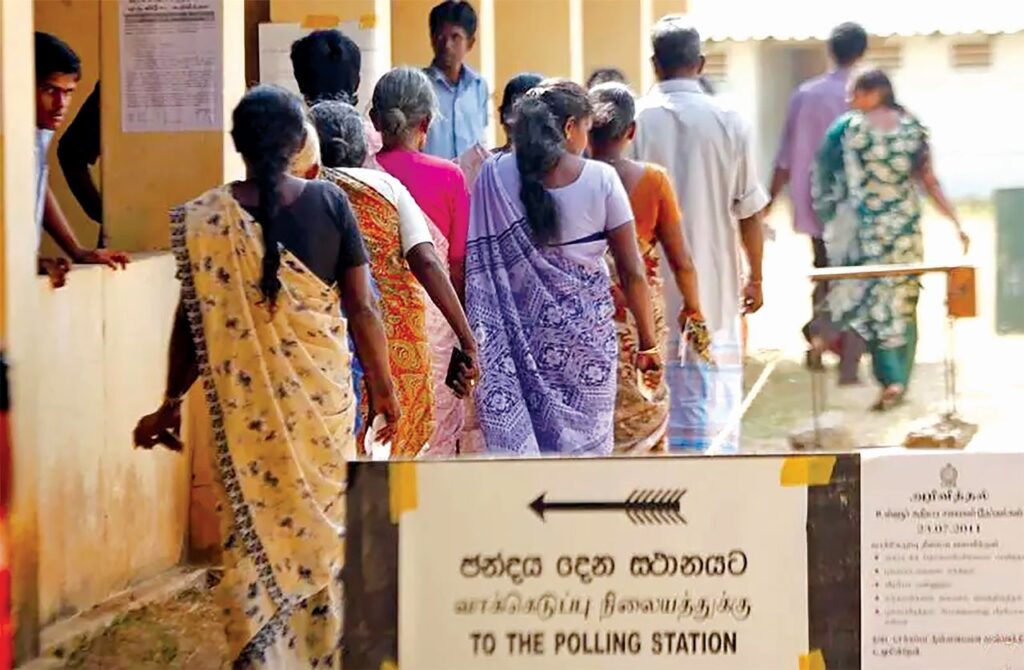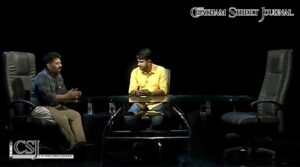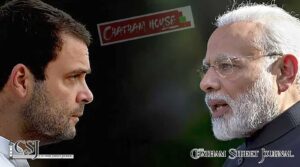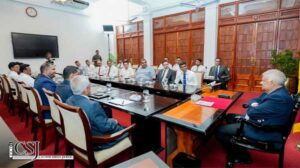Get ready for slow economic recovery amidst LG polls

Everyone seems to be in a bit of a debt bind and confused mind set on voting at the upcoming local government elections which is to cost Rs. 10 billion of tax payers’ money from 2023 budgetary allocation at the moment.
The government has run out of cash as the monthly revenue is not sufficient to meet the expenditure.
Making financial matters worse, opposition political parties with left wing Marxist ideology and right wing social market economy – a fusion of economic liberalism, are hell bent on demanding the government to hold local polls to protect their so called democracy irrespective of the financial hard ships faced by the country in the manmade economic crisis.
These two parties along with groups of extremists are threatening to stage street fights if the government postpones the election citing current cash flow issues of the Treasury.
The total revenue for January alone is only Rs. 158.07 billion while a sum of Rs. 367.08 billion has been spent as government expenditure which includes Rs.87.42 billion for public sector salary, Rs.29.59 billion for Pension and Samurdhi and Rs.10.88 billion for other expenses along with loan instalments.
This was the true financial situation of the country at present, according to finance ministry statistics and therefore everyone can understand the gravity of the cash flow issue of the Treasury by looking at these simple revenue and expenditure data.
How can the Treasury give money to the Election Commission headed by Nimal Punchihewa as and when he sends a note to the finance ministry secretary asking money for election expenditure?
He has requested Rs. 800 million from the Treasury as election expenditure for February alone at a time where the Commissioner General of Elections Saman Sri Ratnayake has submitted an election cost estimate under 14 expenditure headings amounting Rs. 9.1 billion.
However, Mr. Punchihewa had stated that the Election Commission will make all efforts possible to restrict the cost of conducting the Local Government polls under Rs. 8 billion and not to exceed Rs. 10 billion or more as suggested by certain political parties and groups. Now he has to go back on his statement as Commissioner General of Elections has submitted an actual estimate as Rs. 9.1 billion.
The actual expenses will go above the limit of Rs. 10 billion as some of the cost estimates including the expenditure for the Police Department have not been finalized as yet.
The Government Printing Department has only received only Rs. 400 million from the Treasury but the total cost of printings related to the LG polls has already surpassed Rs. 700 million.
On Monday, Chief Printer Gangani Liyanage said printing of ballot papers will cost Rs. 234.6 million and together with printing other election-related documents the total cost would be Rs. 401 million.
The Chief Printer categorically stated that she is pressurized from the Election Commission and the Treasury with no cash in hand to continue ballot paper printing and no one is willing to supply necessary printing material on credit basis.
She announced that ballot papers for the Local Government election have been printed for seven districts and she is now compelled to stop work as workers cannot work without additional payments for overtime during this difficult period.
It is unfortunate, indeed tragic, that these negative developments undermine the very positive stances that President Ranil Wickremesinghe has been taking on other issues including the implementation of electricity tariff formula and tax hike to raise the revenue as well as winning the confidence of the International Monetary Fund with regard to debt sustainability.
President Wickremesinghe is also effectively handling the ethnic and religious minorities issue regarding their place in the country.
The most notable of these is his assertion that a political solution needs to be found to ensure that reconciliation between the ethnic and religious communities becomes a sustainable reality.
He has articulated his position clearly and without ambiguity on the matter of the 13th Amendment with an understanding and level of courage that no other present day political leader has been prepared to do so.
Meanwhile, the Ceylon Electricity Board hiked consumer rates by up to 275 percent, the second steep increase in months as the bankrupt island nation works to secure an IMF bailout.
The tug of war between Chairman of the Public Utilities Commission of Sri Lanka (PUCSL) Chairman Janaka Ratnayake and Energy Ministry along with the Ceylon Electricity Board ended in a check mate for the PUCSL head as three new members of the commission had given approval for tariff hike.
“We had to raise electricity charges to be in line with IMF conditions that we cannot get handouts from the Treasury,” Energy Minister Kanchana Wijesekera said, adding that “we need to generate revenues to cover our costs.”
The rate hikes would allow also Sri Lanka’s state electricity monopoly to end the 140-minute daily blackouts currently in force around the island.
With increased revenue, CEB will be able to buy the fuel necessary to ensure uninterrupted power from Thursday (16). However, the people will have to bear the increased electricity charges due to present economic crisis which has to be settled.
Viewing from the national point of view, the new tax increases should be supported since everyone has to protect the State first. The people come next and we can forget about the interests of the government.
This is not the time to bring popular politics by the opposition parties and claim that “when we will be in power, we will reduce the taxes and introduce economic policies to bring prosperity to the country”, which has led Sri Lanka to the present disastrous situation.
Carcharodon








